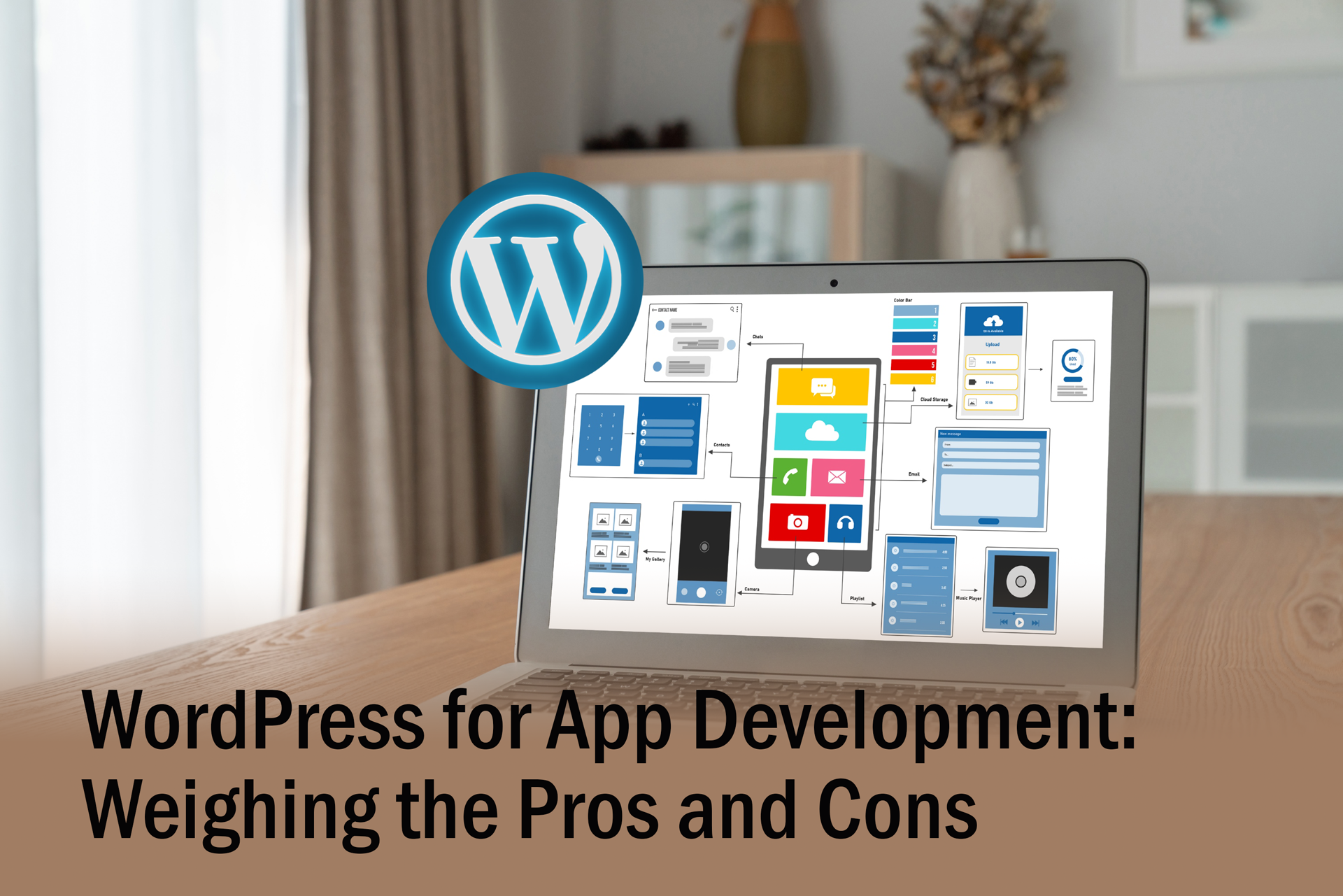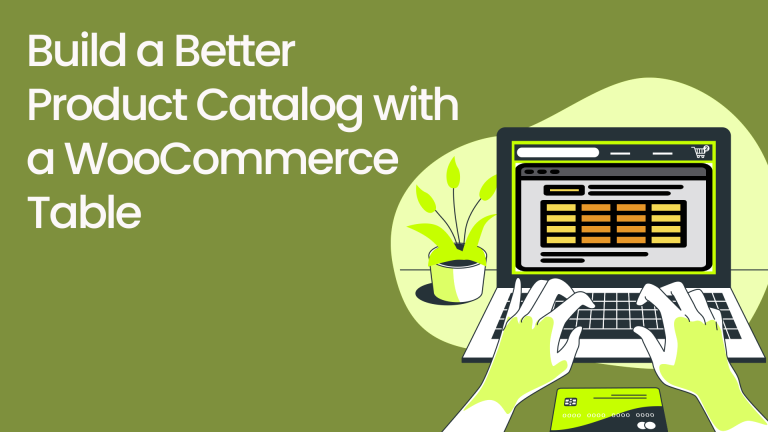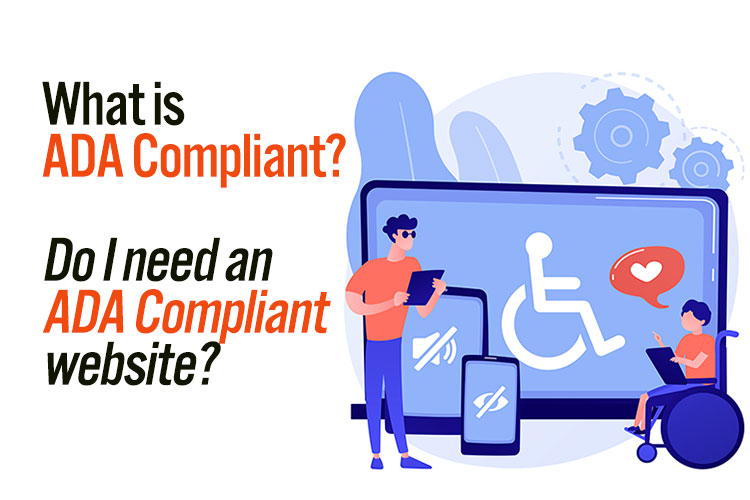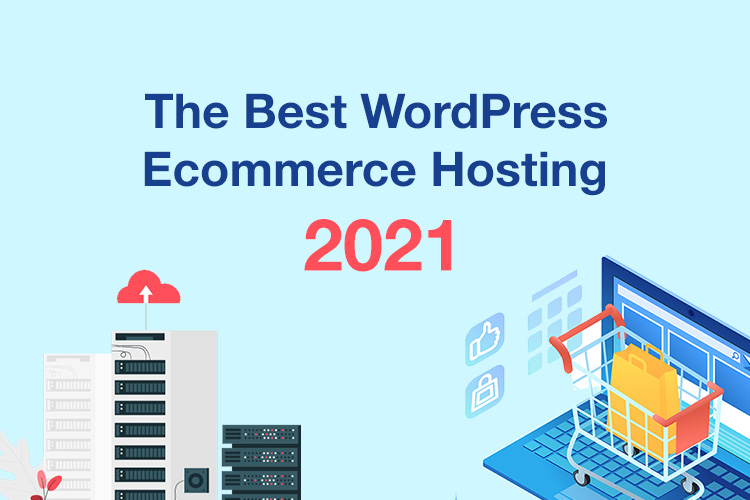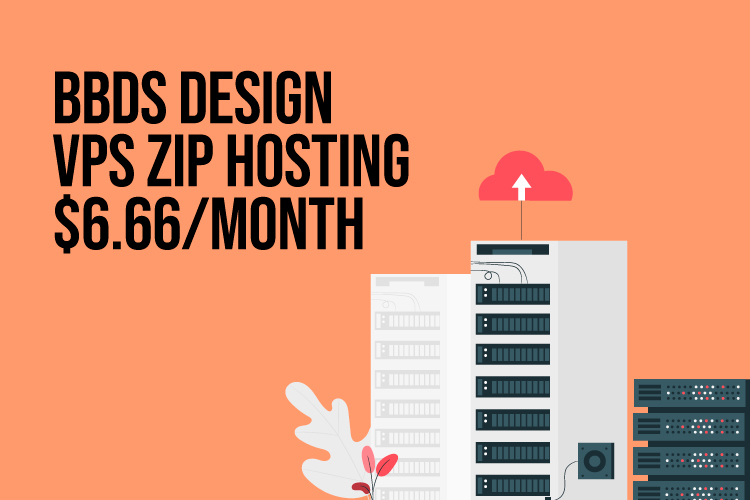|
BBDS Design Audio
Getting your Trinity Audio player ready...
|
WordPress, widely recognized for its robust content management capabilities, powers a significant slice of the internet. Its ease of use and scalability not only make it a top choice for websites but also present a compelling option for app development. Let's explore the benefits and limitations of crafting an app with WordPress.
Benefits of Using WordPress for App Development
- Affordable Development: As an open-source and free platform, WordPress offers cost benefits, especially with its vast selection of themes and plugins—many of which are free or affordably priced. This feature makes WordPress an attractive choice for startups and small enterprises aiming to create an app on a budget.
- Content Management Ease: Rooted in content management, WordPress excels in content-centric app scenarios. Its user-friendly backend facilitates seamless content updates and management, eliminating the need for developer intervention for routine tasks.
- Rich Plugin Ecosystem: The platform's extensive collection of plugins allows for expanding app functionalities in virtually any direction, from adding e-commerce features to managing memberships, all without the need for specialized coding.
- Broad Community Support: A vast network of developers, users, and WordPress aficionados ensures that assistance and resources are readily available, covering everything from troubleshooting to custom development explorations.
- Themes and Customizability: A plethora of themes can give your app a professional appearance right off the bat, with most being responsive by default, ensuring your app performs well across different device types.
Limitations of Using WordPress for App Development
- Performance Issues: WordPress may exhibit slowness, and apps built on it could lag behind native apps in terms of speed and responsiveness, particularly if laden with plugins or experiencing high traffic volumes.
- Security Vulnerabilities: Its popularity makes WordPress a prime target for cyberattacks. Although numerous security measures and plugins exist, maintaining a WordPress-based app demands constant vigilance to safeguard data.
- Functionality Gaps: Despite the plethora of plugins, WordPress might not suffice for apps requiring highly specialized or unique features, particularly those needing to interact with device hardware.
- Challenges with App Store Acceptance: WordPress-built Progressive Web Apps (PWAs) might struggle to align with the app store policies of entities like Apple's App Store or Google Play, potentially necessitating additional, complex development efforts.
- Scalability and Maintenance Hurdles: As your app expands, WordPress’s scalability and the maintenance required for updates, backups, and optimization could pose challenges.
WordPress stands out for creating straightforward, content-driven apps, especially for projects prioritizing cost efficiency and shorter development timelines. Yet, for more advanced applications with stringent performance, security requirements, or those aiming for app store distribution, WordPress may not be the best fit.
Ultimately, choosing WordPress for app development hinges on a detailed evaluation of your app's needs against what WordPress can deliver. When used judiciously, WordPress can serve as a formidable tool in your app development toolkit.
If you still have questions, please contact us.


